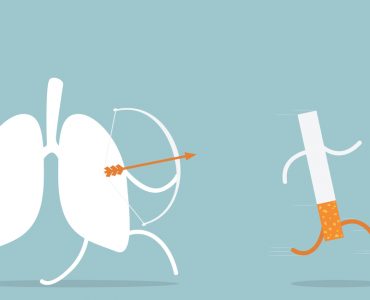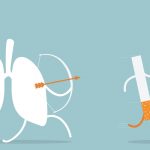Many people who quit smoking report that they are unable to sleep. This side effect is caused by chemical changes that occur in the body when nicotine and the other chemicals in cigarettes are taken away. Nevertheless, this insomnia is usually easy to cure. The first couple of nights after beginning the cessation programme, you may find that you are jittery. This causes your metabolism to increase, which signals your body to stay awake.
Combating cessation-induced insomnia begins with finding a habit to take the place of smoking. If you always had a cigarette just before bed, you will have to find something to replace that habit. Try chewing on a carrot or sucking on a sucker. These options keep your mouth and hands busy, just like smoking a cigarette.
Night-sweats, which are common during cessation, contribute to sleepless nights. Keeping the bedroom cool, wearing natural fibre nightclothes and using lightweight sheets can help.
Dehydration and nutritional deprivation can lead to insomnia. Many smoking cessation products, including pills, lozenges and nasal sprays, all warn that these two side effects are common. Drinking plenty of water and eating a balanced diet will help to alleviate the insomnia brought on by these side effects.
Starting a light exercise programme will also help. However, the effects of this option may not be noticeable right away. Most people notice that it gets easier to sleep within two weeks.
The final option to help with this problem is to spend time relaxing prior to going to bed. When you get your body and mind relaxed, sleep will come easier than when you are tense.













